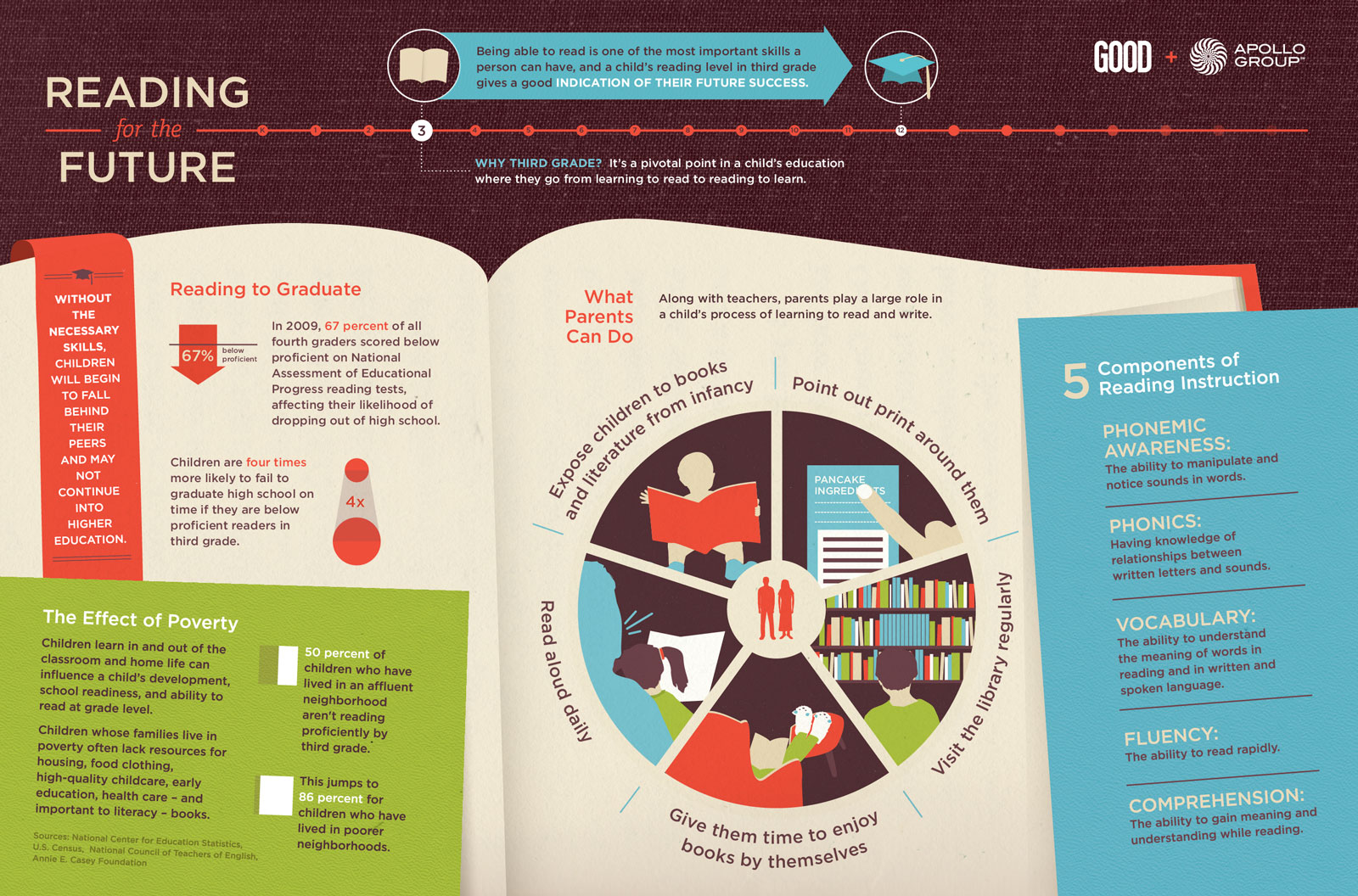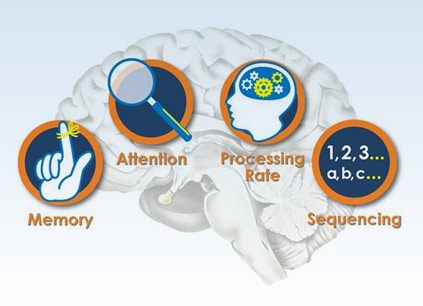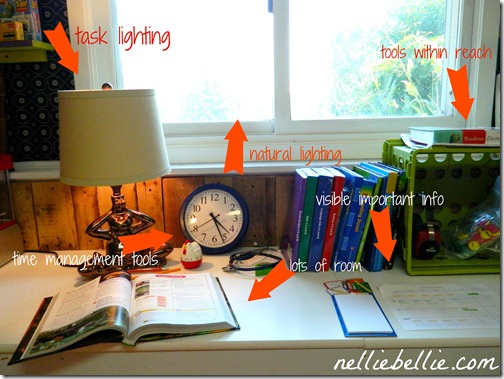
Reading aloud is an important part of communication and it gives kids the opportunities to build many of these valuable skills. Image source: letsgrowspeech.com
Literacy is an intricate process in which many different aspects of communication and language are involved. Visual awareness of letters and sentences, auditory awareness of phonetics and the spoken language, processing skills for language, and skills for transferring what is read into speaking are all parts of the equation. While reading is generally considered a quiet, if not silent, activity, there are numerous benefits to reading aloud.







